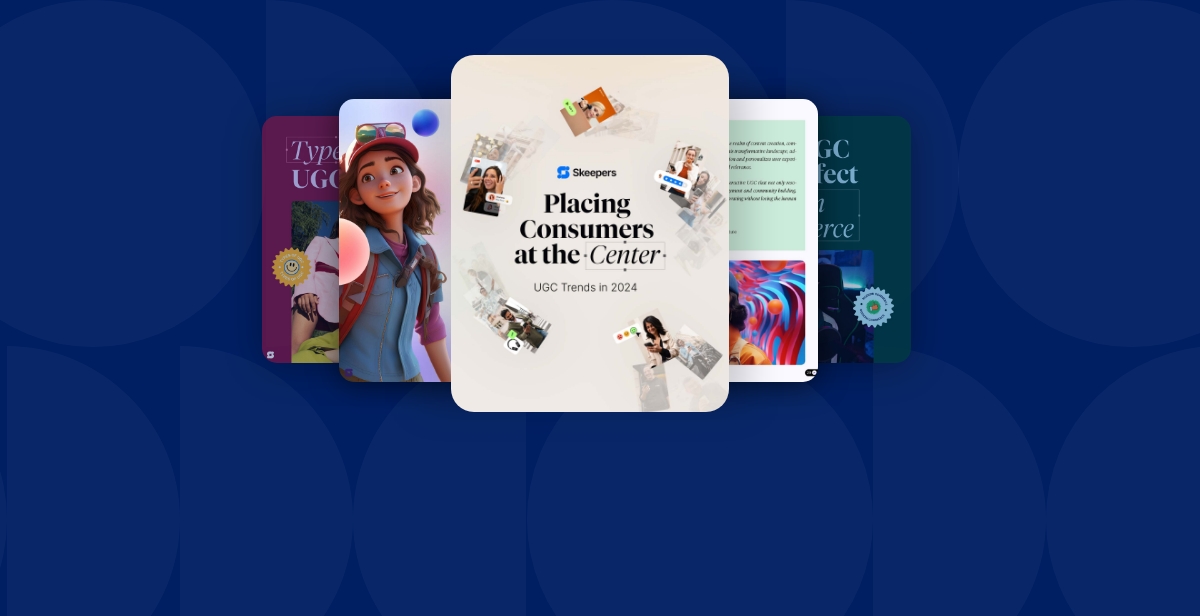Despite the fact that customers are already sharing opinions and personal details on Yelp, Facebook, and other social media venues, many established companies have yet to tap into the power of harnessing customer knowledge. This was made clear last year when Harvard Business Review released its findings on the business models of various S &...
Despite the fact that customers are already sharing opinions and personal details on Yelp, Facebook, and other social media venues, many established companies have yet to tap into the power of harnessing customer knowledge. This was made clear last year when Harvard Business Review released its findings on the business models of various S & P 500 Index companies.
According to the research, more than 80% of the companies looked at employed old fashion business models in which customer value began and ended with what’s in their wallets. Unfortunately, gathering customer feedback remains for many a missed opportunity to improve services, increase long term loyalty, and generate positive word of mouth whic
h is exactly what many of today’s best performing businesses do.
Companies which encourage greater customer inclusivity and loyalty, the ones everyone is talking about – Netflix, Amazon, Starbucks – have figured out a way to center their businesses around customer knowledge, better positioning themselves to incorporate their brands into people’s daily lives. In fact, for many, these brands have become so much a part of the daily fabric, it’s difficult to imagine life without them. For this reason, all three companies chief executives are seen as industry vanguards, helping to usher in a new era of customer-centric business practices.
Customers Know What They Want. Are you listening?
Netflix, Amazon, and Starbucks benefit from customer knowledge. Indeed, each of these companies corroborate the findings of a recent study done by the Institute of Management Sciences, citing customer knowledge as a leading driver of innovation for most businesses.
Each of these companies realize that customer knowledge could and should be used to both better understand the needs of customers and optimize internal business processes in order to meet those needs. And using this knowledge to make slight tweaks over time to their services has proven to have a huge impact on each company’s value.
So how, exactly, do Netflix, Amazon, and Starbucks make the most of customer knowledge to generate such devotion and financial success? Here are three strategies they use to drive success:
They encourage and monitor feedback
Monitoring customer feedback and making appropriate changes based on that feedback contributes to a greater rate of customer satisfaction. Customer feedback also helps these companies capture knowledge over the course of many different interactions with many different customers. They gather customer feedback in a number of ways: mobile app surveys, online reviews, social media, and in-store. Multichannel feedback enables each company to not only measure satisfaction, but also reduce churn, segment customers, and identify brand advocates, to name just a few of the advantages.
They invest in CRM
CRM enables these companies to collect, organize, and analyze vast amounts of customer information which can be streamed to a central database from a variety of touch points. Of course, this saves time as customer and sales data do not have to be manually logged into spreadsheets. Cloud-based CRM platforms prove especially efficient as any employee from any department can look at relevant information to provide more personalized customer service. Because each customer’s journey is mapped, it is easier to identify problems, who or what caused the problem (making employees more accountable), and provide solutions.
They recognize customer knowledge is the key to long-term success.
Client Heartbeat reports the findings of a study in which almost two-thirds of 200 senior marketing managers said that customer satisfaction is a very useful metric to gauge the health of a business. Business like Netflix, Starbucks, and Amazon understand that a strong customer knowledge database is integral to providing superior customer satisfaction which, in turn, maintains the health and longevity of their brands. For these companies, knowledge of customers’ preferences, behaviors, and interactions across multiple touch points inform every interaction, building customer engagement and driving long term loyalty.
Shifts in cultural attitudes and technology have broken down the traditional business model in which the customer came second to product and service. But today’s business leaders are rewriting the rules by placing customer knowledge at the center of every decision. As a result, these companies benefit from knowing how to best meet customers’ wants and needs. And even though Netflix, Amazon, and Starbucks are much bigger than the average business, their strategies for leveraging customer data are available to even the smallest business.








